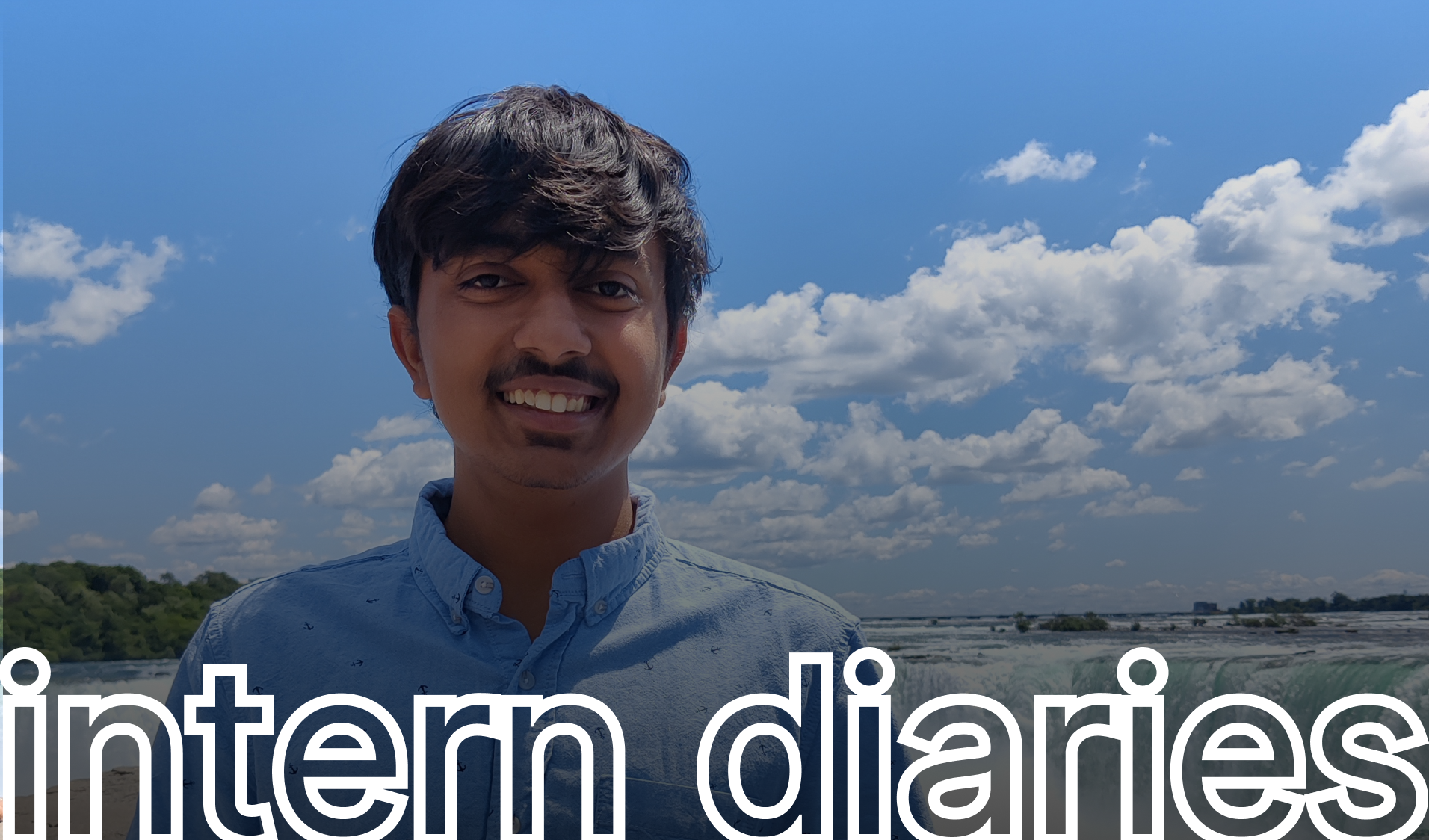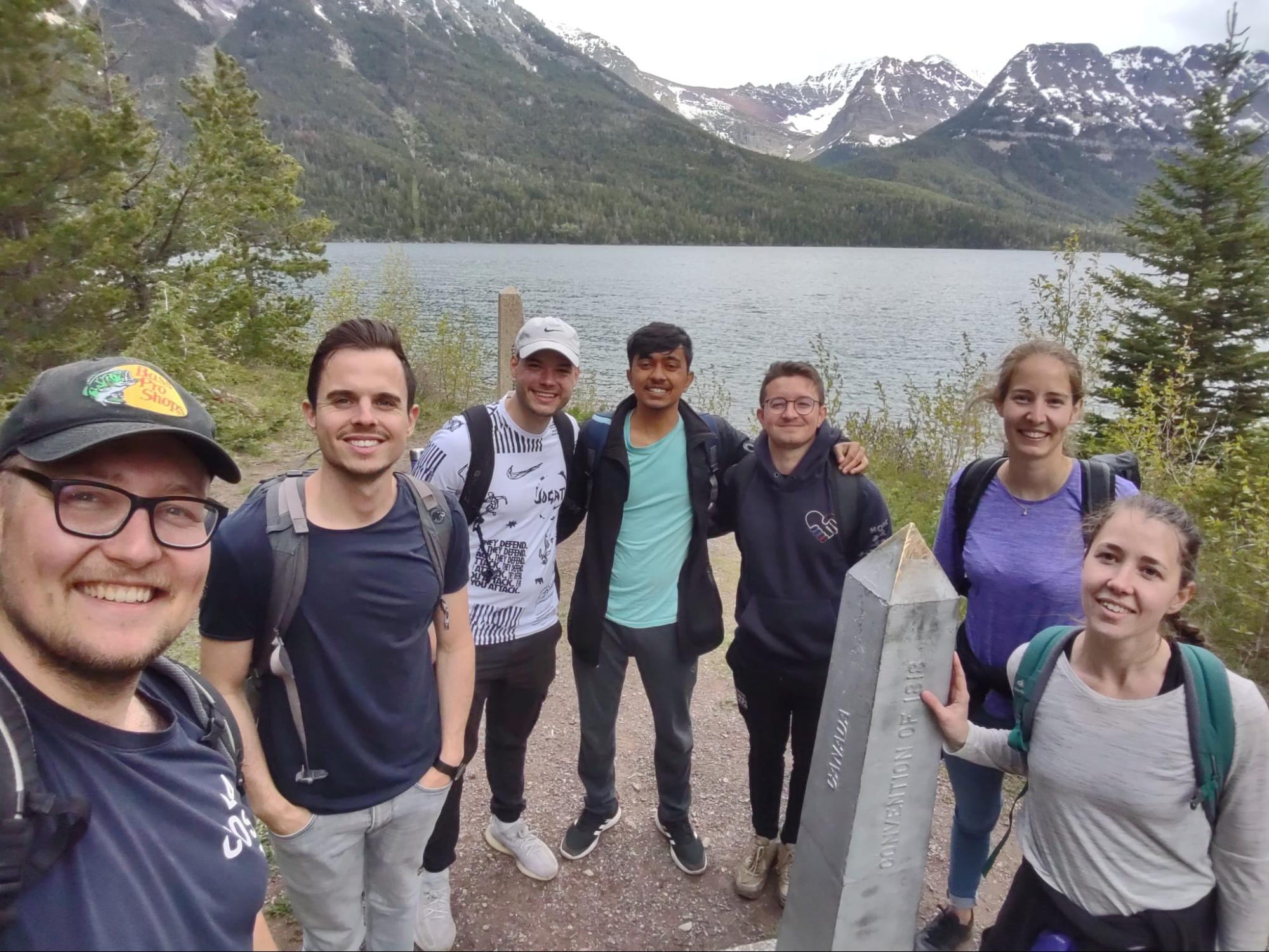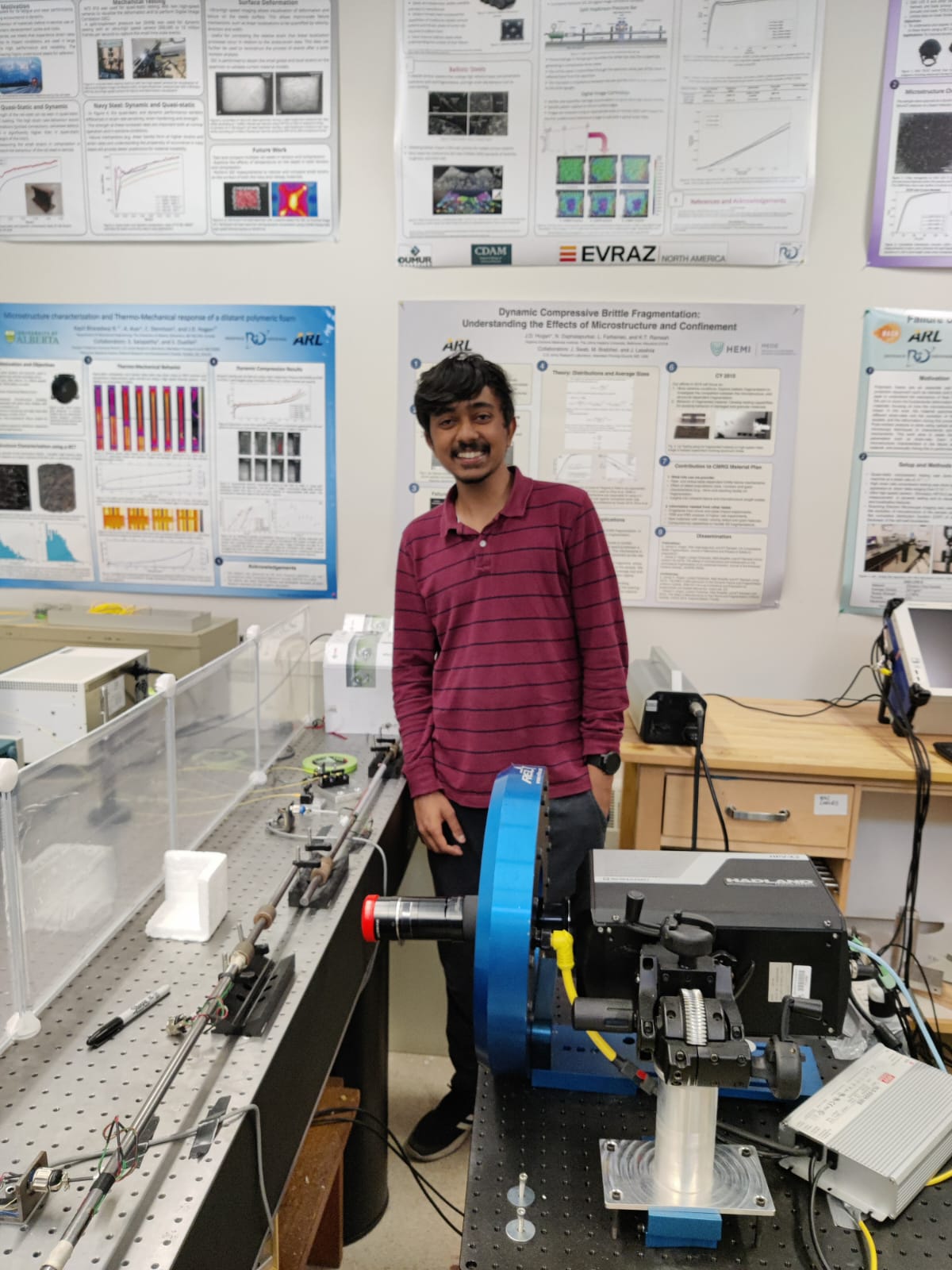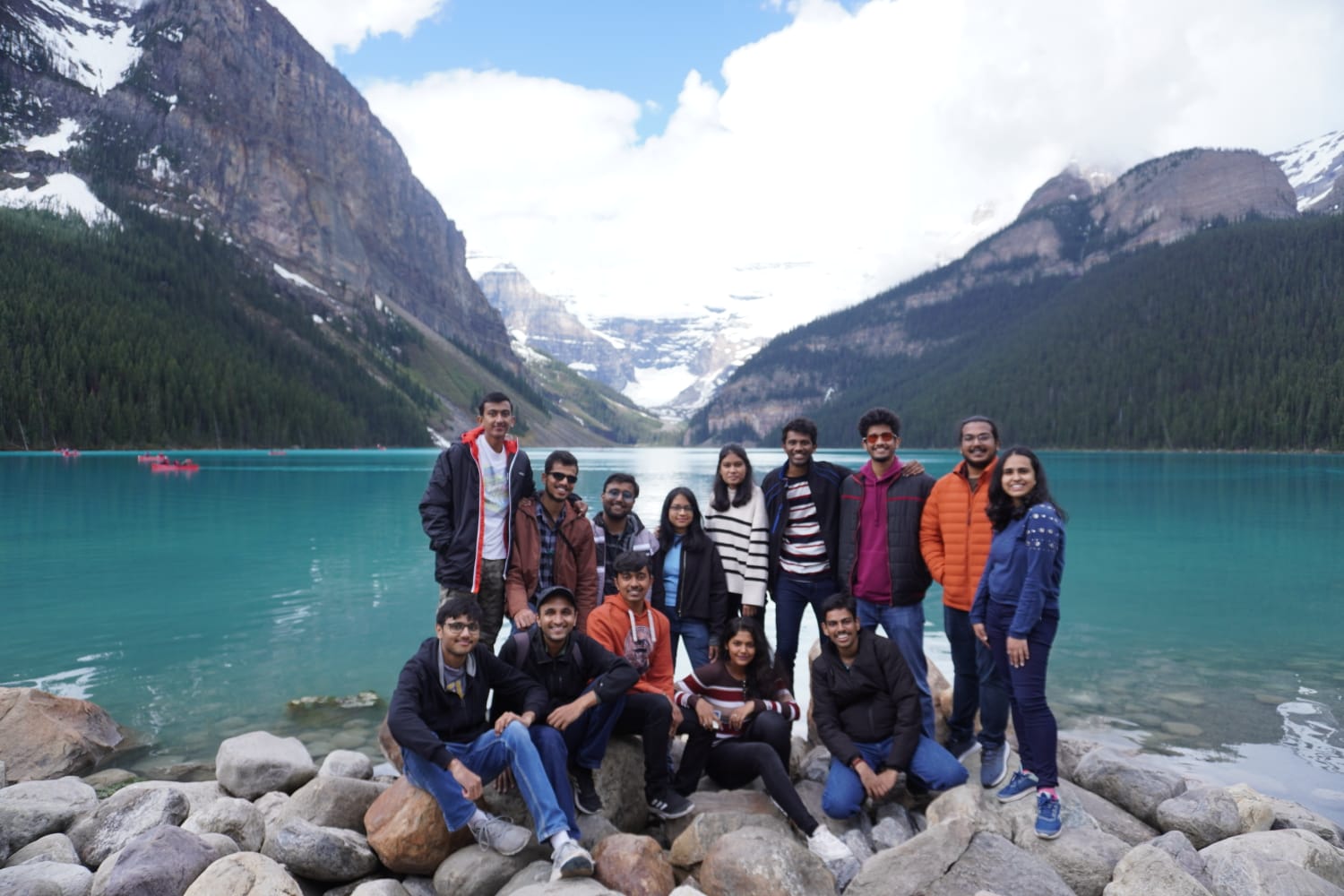

Body of IITR

The internship season is an amazing experience. The tedious tests, late-night crash courses, intense GDs and those nerve-wrenching interviews. Succeeded by the jubilation of the machau offers, #SummerSorted stories and planning infinite trips for the rest of the semester. Knowing what I wanted wasn’t on the table in this process, I chose the road less taken.
Being a core/research enthusiast since 1st year of college, I decided to pursue a research internship as a part of my mandatory 3rd year Summer internship. Having set the goal of pursuing higher studies immediately after BTech, I felt this was a fantastic opportunity to explore the research world first-hand. I was fortunate to receive offers from DAAD WISE (Research internship in Germany) and Mitacs GRI (Research internship in Canada). Both programs provide awardees with financial and visa-related assistance to pursue opportunities in their respective countries.
Already having done a semester exchange in Munich (yes, in person) and gaining exposure to the German education system, I decided to explore the cross-Atlantic educational system and thus chose Mitacs GRI (obviously in concurrence with numerous other factors).

Unlike most research internship programs, including hardcore cold mailing, Mitacs GRI is, in my honest opinion, the most organised and well-oiled program.
It presents the users with a wonderful two-sided interface, with one side available only to professors and the other to students. Professors throughout Canada upload available projects and flag the required skills, making it very convenient for enthusiasts to sort and find relevant projects.
Students fill out 3-7 projects and rank them in the order of preference till the deadline, along with filling in basic academic information and documents. Mitacs then filters the first wave of candidates, just filtering incomplete applications along with basic CG and field criteria. Then the professors receive the student profiles, and they filter them out by implementing their method of shortlisting candidates and filling out their preferences (Basically academic matchmaking :p)
Some conduct interviews, some ask to fill out forms, and some just select based on profiles. Once matched, the students are awarded the internship.
I did my internship at the University of Alberta, Edmonton. My professor had written a broad list of available fields and projects, and he gave me the freedom to choose what I wanted to pursue. I opted for an experimental project (duh, pseudo covid batch) and thus ensured my need to be present not only in Canada but also in the lab on campus. Some had their projects decided beforehand and had time to prepare pre-arrival, while some started their preparation after arriving in Canada (me hehe).

As mentioned before, I had already spent a reasonable amount of time in Germany and expected both countries to have lots of similarities. That was not the case.
Regarding the standard of living, I can only say Edmonton lags from what you’d expect from a city in Canada, especially when compared to the likes of Montreal and Vancouver.
Moreover, Edmonton is one of the most unsafe cities in Canada. This city’s downtown had a fair share of homeless population who, under the influence, were susceptible to attacking/assaulting people. Although very close to the Rockies and numerous amazing National parks, the public transit is nowhere near the quality of Europe. The country’s capitalist nature ensures that the inadequate transport that is available is privatized and thus highly overpriced and poorly organized. The public bus transit in this godforsaken city somewhat ensures you reach your destination, but you need to plan and keep buffers at each stop you make.
Thus, knowing that no one goes to such an internship abroad with the sole purpose of working, I would recommend considering these factors when deciding the place of intern (and probably eventually Masters).
Canada is expensive, and the prices rise as you move to more developed provinces. Alberta, in particular, has no provincial tax, yet I found it fairly expensive. Provinces like Quebec (not sure which type of é comes where :p), Ontario and BC have more taxes and higher standards of living. You can save money on daily expenses like cooking yourself, making coffee/tea or walking over taking transit/cab (ridiculously expensive).
Barring Quebec, I don’t think you’ll face language barriers in any of the other provinces, considering you’re fluent in English. Rest, there’s always this little friction for being accepted in local societies, but that depends from person to person, and the type of people you meet, so I wouldn’t make any comments on such a public platform.
Overall, I thoroughly enjoyed my work and almost all my time on the campus. I would recommend trying Mitacs for the experience, both academic and personal.
Planning trips was challenging, if not organized by the University, but not impossible.

The Visa process is a bit tedious, but since both embassies are accustomed to these programs, it’s relatively smooth, and usually, students don’t face issues.
The professors are cooperative, and you should feel free to clarify any queries before or after you’re awarded the internship (Ensure to stay within the guidelines of Mitacs.)
It’s a personal choice on what someone enjoys or likes, so the mini-rant about Edmonton is purely based on my experience. You might enjoy it if you like quiet cities/towns and aren’t necessarily a wanderlust seeker.
Lastly, feel free to contact any Mitacs Alum, irrespective of their branch, field or even college, if you want to inquire about a professor, institute or city. Their experiences and choices could help you make decisions based on factors you might have overlooked. Thanks for reading!